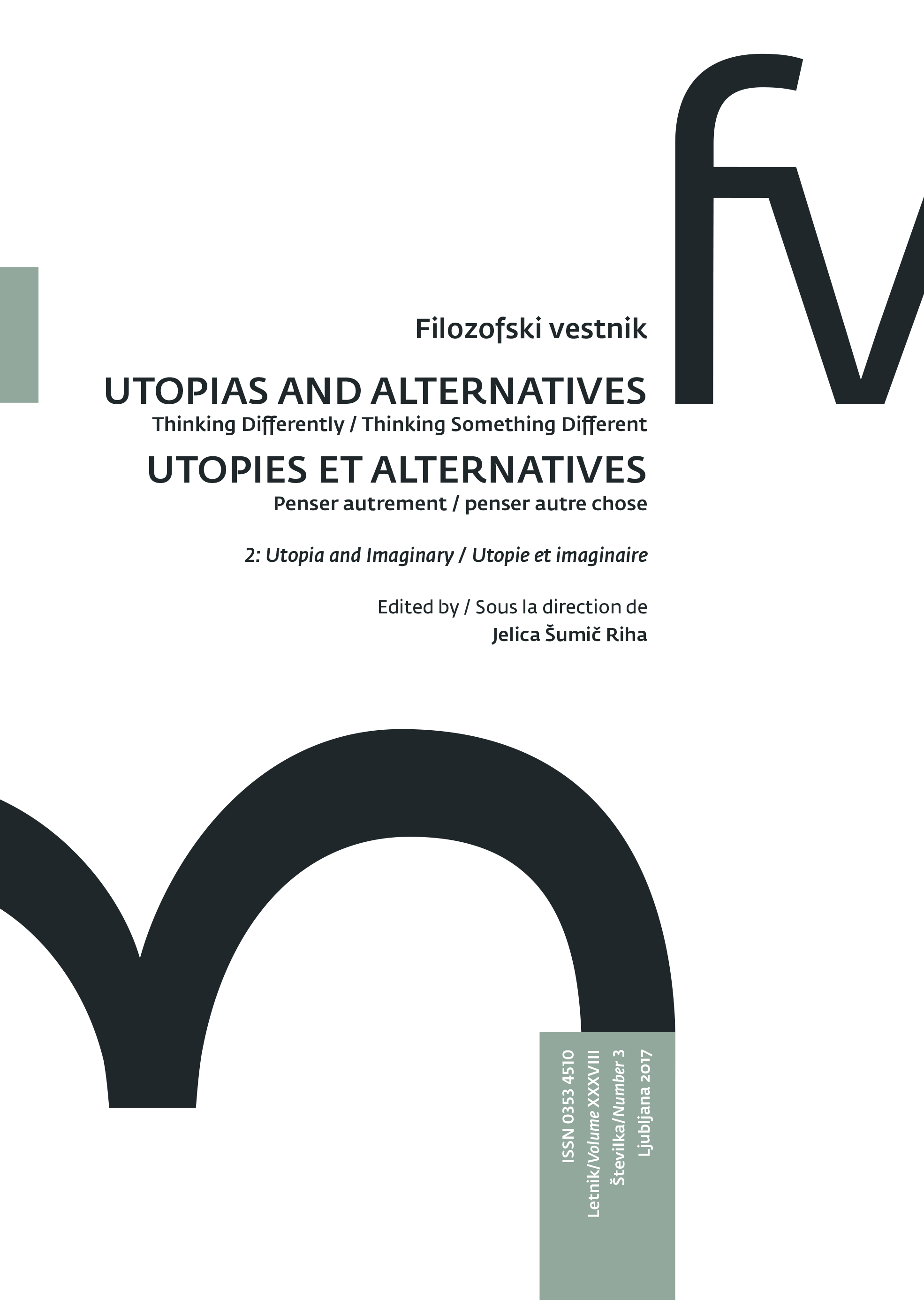Towards the Improvisation of Space
Keywords:
space, improvisation, contingency, urban practice, formAbstract
Careful observation of contemporary urban agglomerations challenges planning and design disciplines to reconsider their inherited conceptions of the urban as a fixed, teleological, and universally generalisable form. Thereby, contingency, emerging as a constitutive resource of the city, provokes a rethinking of the epistemology of the urban. While the conceptual framing shifts from reading the city as object towards interpreting the city as process, emphasis is laid not only on an analysis of built structures, but also of urban practice. Against this background, this essay proposes a different reading of urban practice itself, drawing attention away from any substantialisation of action and to the constitutive effects of action. On the basis of this reading, one can claim that the condition for planning and architecture has changed. Their role is not to offer resolution and inherently new tabula rasa designs, but instead to carefully examine urban praxis in contingent situations. In accordance with this observation, my argument is that urban practice can essentially be read as the technology of improvisation. In this context, the term improvisation technology indicates an attempt to move away from conventional courses of action and planning strategies and towards engaging “in urban situations.”
Downloads
Downloads
Published
How to Cite
Issue
Section
License
Authors guarantee that the work is their own original creation and does not infringe any statutory or common-law copyright or any proprietary right of any third party. In case of claims by third parties, authors commit their self to defend the interests of the publisher, and shall cover any potential costs.
More in: Submission chapter





